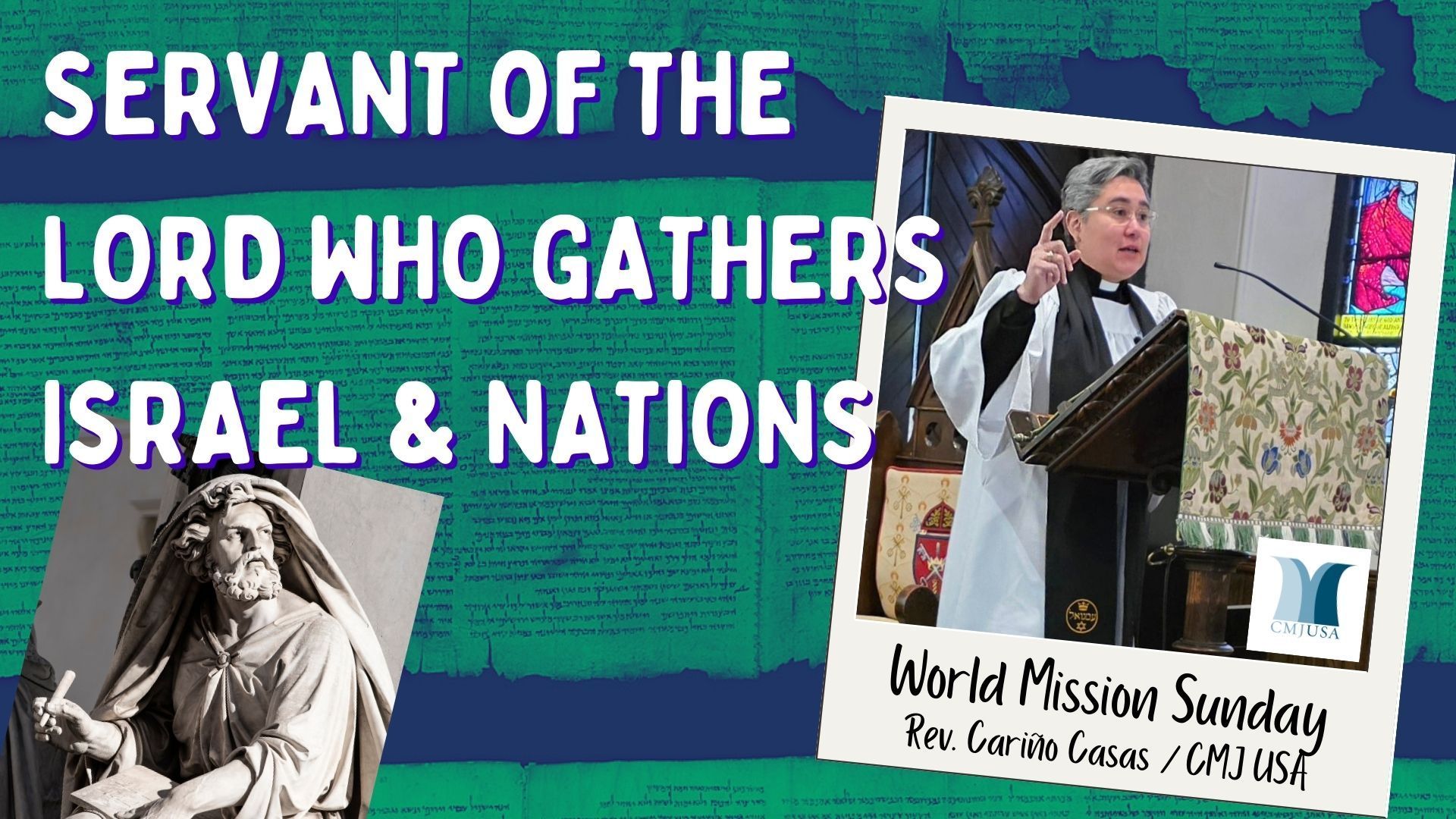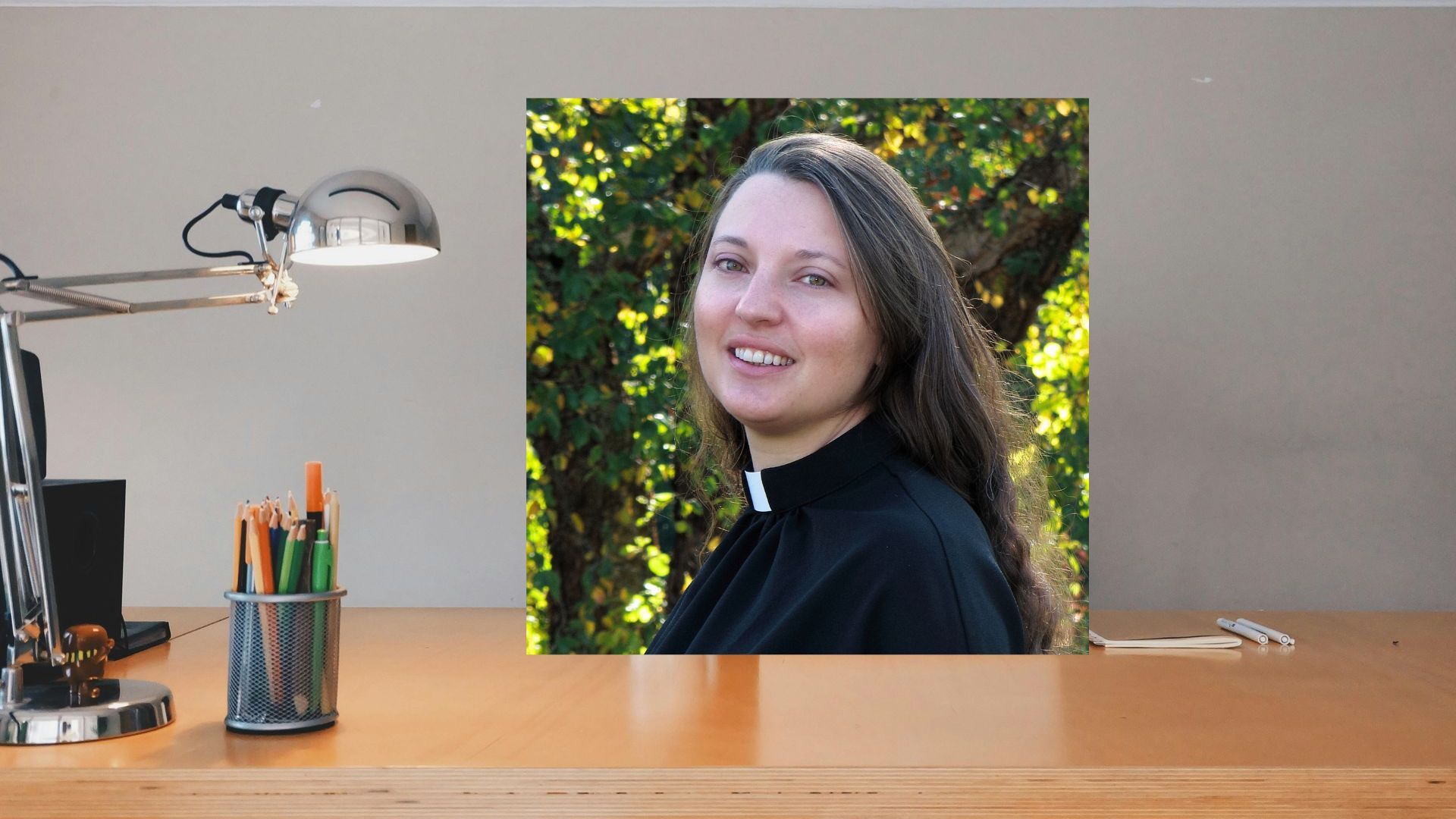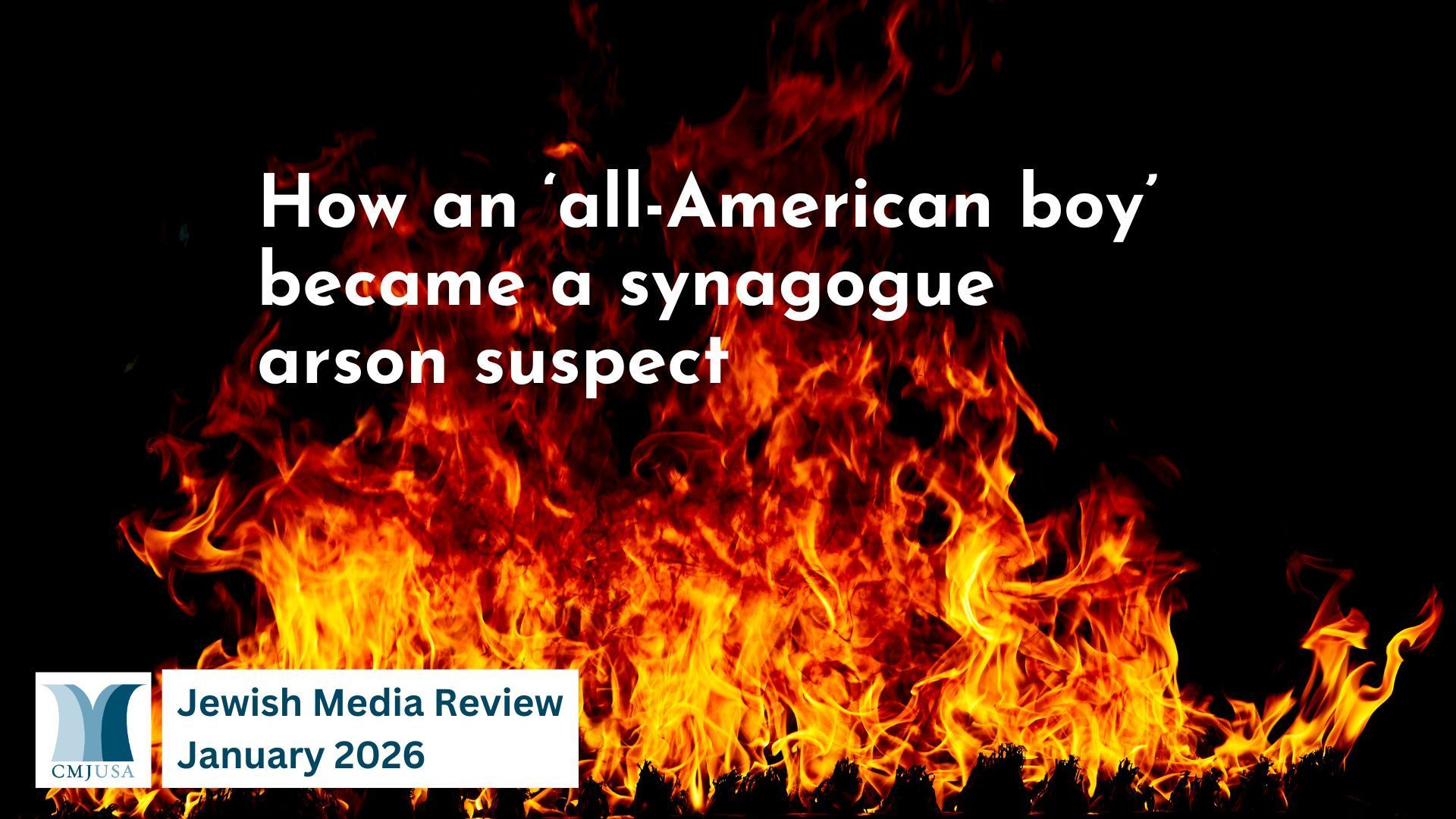Kevin: I want to welcome David back to the program. Last time I had you on was October 2nd of last year. We were coming up on the anniversary of the October 7th attacks, that occurred in Israel by Hamas in 2023. It's time to get a quick update, because a lot has happened. We had some hostages released. There was a time of truce… the truce fell apart and the hostage negotiations had stopped. What has happened recently?
David: Well, basically, we're at an impasse. There was a truce or a ceasefire up until March the 2nd. And the Israeli government, decided to break that a ceasefire in order to try to achieve its ultimate war goal, which is the military defeat of Hamas. It has made secondary the release of the hostages. So the war has continued. The aim of the wars is to root out and destroy Hamas.
At the moment, Israel is trying to seek out and kill Hamas operatives, military operatives and those who work for the Hamas civilian administration. Unfortunately, many of these operatives are living in tents, with their family, in so-called safe zones. And, while a number of important or semi-important Palestinian operatives are being killed, also a lot of Palestinian civilians are being killed or being injured. The world has pushed back quite strongly against Israel. Up until March 2nd, Israel had quite a bit of quiet international support from Europe, the United States, and the Arab world.
Now it's getting a lot of public criticism during this phase of the war.
Probably 70% of the Israeli public, also wants the war to come to an end. And they want the hostages released. And, this present government thinks otherwise. So this is where this is where we stand at the moment.
There are negotiations going on between Israel and Hamas through the United States, but they certainly cannot see eye to eye. Israel wants a truce with the possibility of continuing the war. Hamas wants a truce with the war finally coming to an end and allowing the international community to rebuild Gaza.
So we're at a stalemate.
Kevin: Because in order to clear Gaza of Hamas and terrorist influencers, you have to go street by street, building by building and displace all the citizens to a different location.
David: That's correct. The question is whether it morally, ethically, politically and even militarily… is it worth the price to do this?
And there are some, military experts and obviously those, in power in the government who believe that destroying Hamas is absolutely the best policy, because once Hamas is destroyed militarily, they won't be able to reassemble, to come back to attack Israel again. And this might actually be the very best for the not only for Israel, but ultimately for the Palestinians.
There are those, on the other hand, including many in the military itself, who say that it's probably impossible to totally defeat Hamas, and it's better to bring the war to an end and to try to cripple Hamas through diplomatic means and with the aid and support of the international community. So, that's the debate raging in Israel.
It's made complicated by the fact that many Israelis believe that the prime minister is keeping the war going not only for military and strategic reasons, but also for personal political reasons, whether that's true or not.
There's a vocal but small lobby in Israel of parents who've lost sons and daughters in the war. They want to see the war come to some conclusion in which they can claim victory. They don't want their sons or daughters to have died in vain. At least that's what that's what they're saying.
So internally, it's quite complicated, as well as, internationally.
Antisemitism knock-on effect
Kevin: More and more here in America, we're having, antisemitic attacks, terror attacks. A governor's mansion [was set on fire]. We had two employees of the Israel consulate killed here in Washington, D.C. We had a firebombing attack at a pro-Israel rally in Colorado. And, you know, certainly this is not the first time we've had this on the shores here in America.
What happens in Israel is not isolated to Israel. It affects every nation because everybody wants to take a side.
David: Right. Absolutely. This is [war], of course, unleashed a wave of antisemitism. Naturally, I think all of us realize that that antisemitism, is latent just below the surface in churches and civic organizations, at political parties. And at certain times in history it, tends to explode.
It comes in waves. This wave has been quite vociferous and quite dangerous for the Jewish people internationally. With as much as we should have and could have expected antisemitism coming out of the the Gaza war, it has been quite shocking and bigger than I think anyone imagined.
It is a very serious development. Antisemitism, at least the way we're seeing expressed in many countries in the world including the U.S, doesn't just hurt the Jewish people. It eats away at the foundations of democratic life. It's especially dangerous for the church itself.
So for our own sake, I think it certainly needs to be dealt with firmly and in the most public manner possible.
Kevin: Now, it is my belief that it's not antisemitic to criticize the military strategy of Israel.
David: Absolutely. It is not antisemitic to criticize the state of Israel or the policies o the State of Israel.
It's another thing to say “From the river to the sea” because you're saying,
Well, let's just, dismantle, destroy the State of Israel. What people are basically saying is that the Jews are not an ethnic group and therefore they have no right to a nation.
The history of antisemitism, Kevin, has been such that throughout much of at least recent history, medieval history, even going back to the time before Jesus, antisemitism was basically an unfair and almost a distorted critique of Judaism itself. Over the centuries, many criticized Judaism, tore Judaism apart because we didn't like this religious value or this aspect and called it a false religion and associated the Jews and their religion with the devil.
Now, that doesn't happen as much. What happens is, instead of attacking individual Jews, the object of hatred and antisemitism has become the whole State of Israel. So we not only delegitimize Judaism now, some are delegitimizing a state.
What's so critical about the way Jews understand themselves, and I think how the Bible understands the Jewish people is at one hand, they're a religion because God has given them a Torah, a book, a religious law, a covenant. And on the other hand, they're an ethnic group. The promise God makes to Abraham that continues throughout the Hebrew Bible is that the Jews are also given a land.
Having a land and a covenant makes them a people, an ethnic group, and it makes them a religious group. Antisemitism today is attacking both of those pillars.
Kevin: Therein lies the paradox. When ancient Israel fell, the Jews dispersed throughout Europe and other lands, they were told to go home, go back to Israel, go back to Jerusalem. They do. Then that’s not good enough.
David: A hundred years ago, antisemites wrote on wrote on the walls of European cities, “Jews to Palestine.” And today it's “Jews out of Palestine.” That's the paradox. That is the dilemma that we're facing.
On the murder of Yaron Lischinsky in Washington, D.C.




